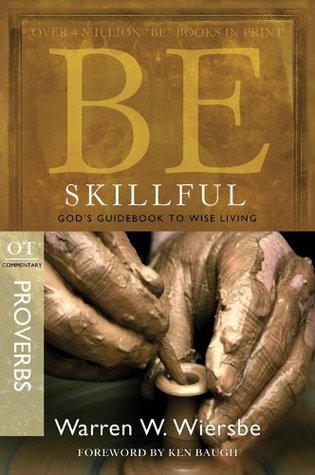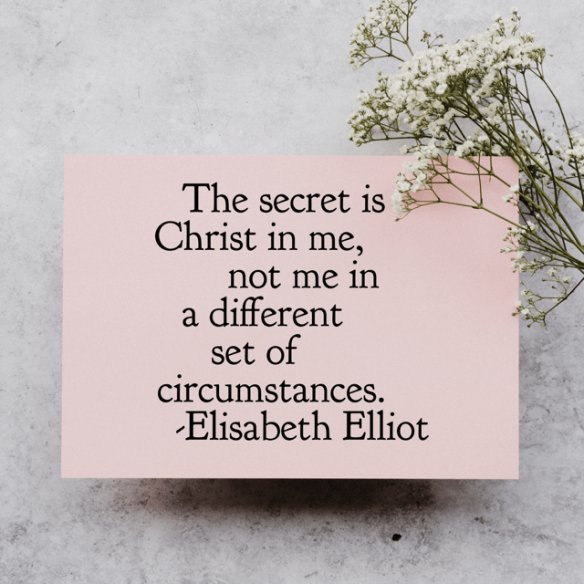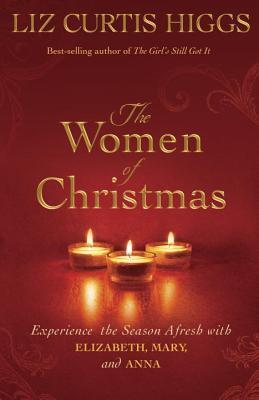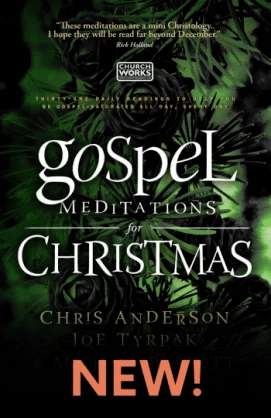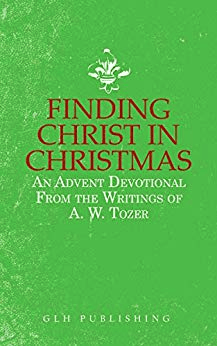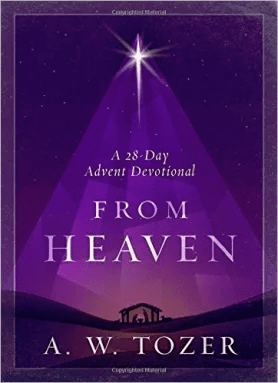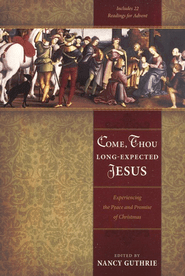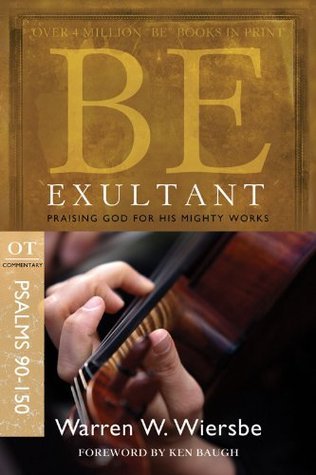Isaiah is the OT book most quoted in the NT and foretells Christ’s first and second comings as well as His death for our sins.
Isaiah has some of the most well-known Bible passages:
For to us a child is born, to us a son is given; and the government shall be upon his shoulder, and his name shall be called Wonderful Counselor, Mighty God, Everlasting Father, Prince of Peace (Isaiah 9:6).
But he was pierced for our transgressions; he was crushed for our iniquities;
upon him was the chastisement that brought us peace, and with his wounds we are healed. All we like sheep have gone astray; we have turned—every one—to his own way;
and the Lord has laid on him the iniquity of us all (Isaiah 53:5-6).
Isaiah contains some of my own personal favorite verses, in addition to those above (just to name a couple):
Fear not, for I am with you; be not dismayed, for I am your God; I will strengthen you, I will help you, I will uphold you with my righteous right hand (Isaiah 41:10).
For thus said the Lord God, the Holy One of Israel, “In returning and rest you shall be saved; in quietness and in trust shall be your strength” (Isaiah 30:15).
But Isaiah is not the easiest book in the Bible to read. It shares prophecies and histories that are a little hard to decipher. An understanding of the historical context is needed to fully comprehend some of the book.
Our Wednesday night Bible studies went just through Isaiah using Tim Chester’s Isaiah for You. I’ve been using Warren Weirsbe’s “Be” commentaries on my current trek through the Bible, but I thought it might be too much to use two sources along with the ESV Study Bible notes. However, the two worked well together.
Isaiah is a long book of 66 chapters. A detailed commentary on every verse would be quite a tome. I’m sure there are some out there. Wiersbe provided short commentary on each chapter. Chester wrote detailed commentary on some of the pivotal passages but briefly summarized the chapters in-between.
Wiersbe’ book is Be Comforted (Isaiah): Feeling Secure in the Arms of God. He draws his title from Isaiah 40:1: “Comfort, comfort my people, says your God.”
The English word comfort comes from two Latin words that together mean “with strength.” When Isaiah says to us, “Be comforted!” it is not a word of pity but of power. God’s comfort does not weaken us; it strengthens us. God is not indulging us but empowering us. “In quietness and confidence shall be your strength” (p. 11, Kindle version).
The need for comfort arises from the bad news of the first several chapters. Israel has sinned in turning to idols, in worshiping ritually rather than from the heart, and in looking to pagan nations for help instead of God. Because of their unrepentant sin, God had to judge them, and He did so in various ways.
But God’s judgment is meant to be restorative, not just punitive.
The name Isaiah means “salvation of the Lord,” and salvation (deliverance) is the key theme of his book. He wrote concerning five different acts of deliverance that God would perform: (1) the deliverance of Judah from Assyrian invasion (chaps. 36—37); (2) the deliverance of the nation from Babylonian captivity (chap. 40); (3) the future deliverance of the Jews from worldwide dispersion among the Gentiles (chaps. 11—12); (4) the deliverance of lost sinners from judgment (chap. 53); and (5) the final deliverance of creation from the bondage of sin when the kingdom is established (chaps. 60; 66: 17ff.) (p. 25).
Isaiah didn’t preach God’s judgment with glee. “Isaiah was a man who loved his nation. The phrase ‘my people’ is used at least twenty-six times in his book” (p. 16). He also “interspersed messages of hope with words of judgment” (p. 19).
Of course, Chester makes many of the same points and observations that Wiersbe does in Isaiah for You: Enlarging Your Vision of Who God Is. He sees Isaiah as something of “a bridge between the Old Testament and the New Testament” (Location 38).
Before, when I’ve read Isaiah, I’ve gotten a lot out of key passages like chapters 9 and 40 and 53, but I’ve gotten a little lost in some of the details in-between. I found Chester’s short chapter summaries to be very helpful in keeping the narrative and timeline of Isaiah in view.
Chester perhaps emphasizes application a little more than Wiersbe does, though Wiersbe brought out a lot of application as well. One point Chester brings out repeatedly is how these truths in Isaiah should inspire evangelism. God’s ministry with Israel was meant to be a light to other nations as well as their own, and the coming kingdom is one that will include every nation, tribe, and tongue.
They were to live under God’s rule expressed in the law in such a way that the nations would see that it is good to know God (Deuteronomy 4: 5-8). Isaiah himself uses this kind of language in Isaiah 2: 2-5: “Come, descendants of Jacob, let us walk in the light of the Lord.” Why? So that “many peoples will come and say, ‘Come, let us go up to the mountain of the Lord’”. The people of Israel were to attract the nations to God (Location 2321).
Chester also brings many parallels that I hadn’t previously seen before between the exodus of Israel from Egypt and our salvation. He includes Israel’s release from Babylonian captivity as another kind of exodus.
Isaiah doesn’t just deal with Israel’s problems current at the time. He tells them some of what’s coming in their future as well as ours.
And Isaiah lifts us out of the cares of this life to point us towards God and His glory.
And here is a glory that we do not have to earn or create or build. It is the glory of God, and he shares it with us. All we need to do is look! We simply contemplate God’s glory, and, as we contemplate it, we are glorified. So where do we look? God’s word continues: “For God, who said, ‘Let light shine out of darkness,’ made his light shine in our hearts to give us the light of the knowledge of God’s glory displayed in the face of Christ” (2 Corinthians 4: 6). We look into the face of Christ. That is where you will see the glory of God, and that is the look that will transform you (Location 1001).
There’s so much more that could be shared, both from Isaiah and these two books. Let me encourage you not to be afraid of reading Isaiah. It provides a rich study, and both of these resources help us understand it.





